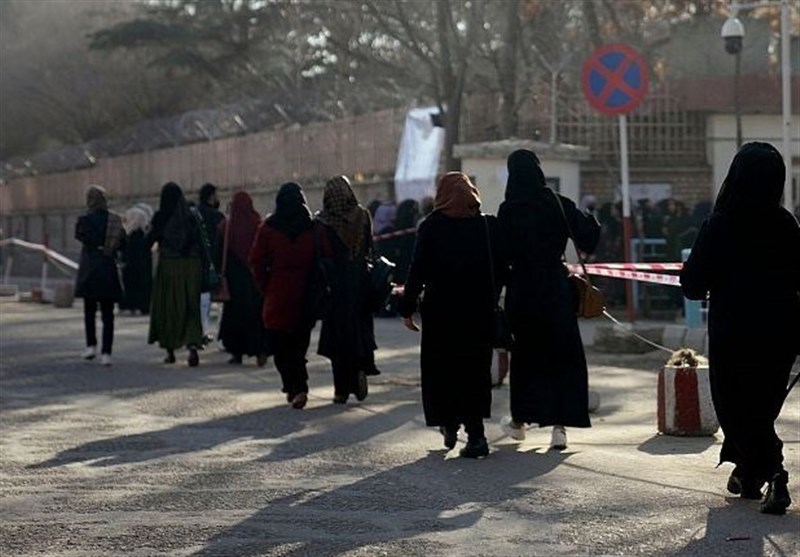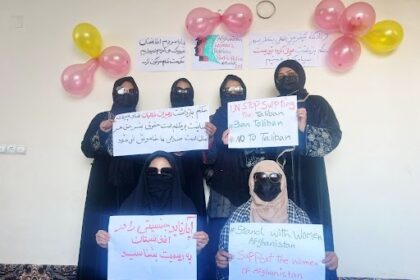RASC News Agency: The University of Australia has recently announced that the restrictions imposed on the lives of Afghanistani women and girls by the Taliban have not only strained the group’s relations with the global community but also resulted in adverse economic consequences. In a recent report released by the University of Australia, it emphasizes that the imposition of restrictions on women’s lives and work by the Taliban has significantly reduced international aid and exacerbated poverty, impeding Afghanistan’s economic growth.
According to the report, the Taliban’s restrictions on women, particularly their exclusion from work, especially in international institutions, have dampened donor countries’ willingness to assist Afghanistan. This comes as nearly 28 million people in Afghanistan, under Taliban rule, rely on urgent assistance from the global community, and with the group’s reassertion of control over the country, this number has increased, with one of the factors being the prohibition of women from working in government and non-government offices.
The University of Australia, citing the UN Development Program, added that if the existing restrictions persist and international institutions suspend their aid to Afghanistan, the level of poverty in the country will reach its highest possible level.






